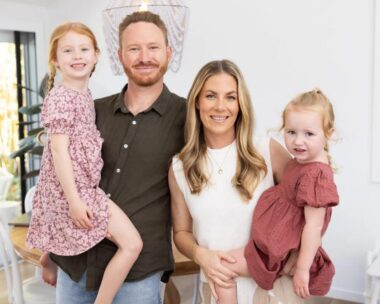Whether you’ve been comfy in a relationship and gradually gained 10 kilos (guilty) or always struggled to maintain a healthy BMI, it’s fair to say that at some point in our lives, many of us have found ourselves wanting to lose a little weight.
Losing weight is no easy task though – particularly if you’ve plateaued. Or can’t give up donuts.
And sometimes it feels as if all the training in the world won’t shake those last few kilos.
If you resonate with this, we have some good news. You might be surprised to know that losing weight is actually more about nutrition and stress management than exercise, so adjusting your eating habits slightly can make all the difference.
Here, personal trainer, nutrition and lifestyle coach and Fire Up Voome program coach, Alexa Towersey, explains how we can make small changes to our diets and see big results.
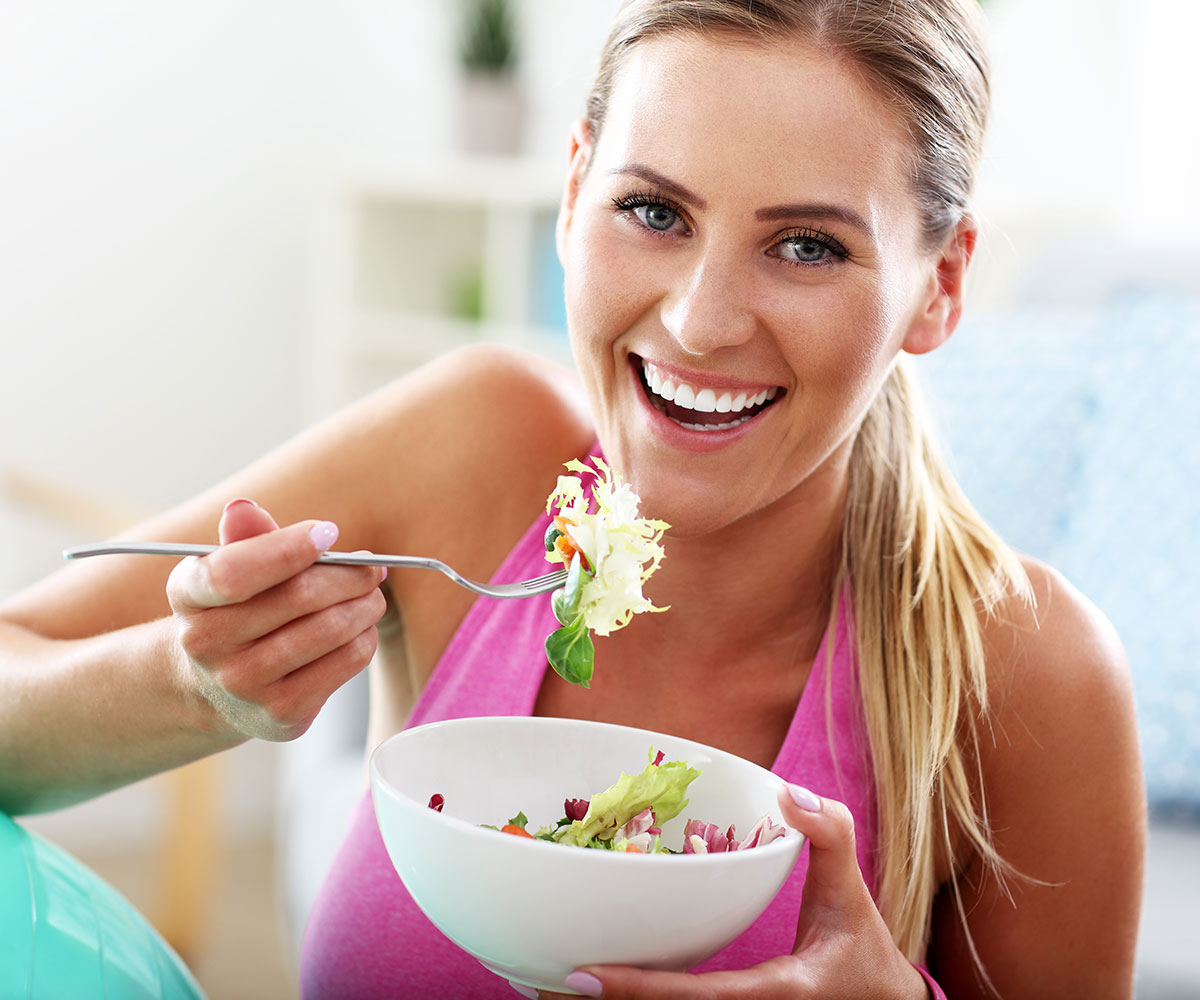
Everybody has different genetics, hormones, body types, training backgrounds and lifestyles.
This means that everybody responds differently to training and nutrition protocols. What works for your best mate, work colleague or favourite celebrity will not necessarily work for you.
That is why it so important to learn to listen to your body. It is very clever when it comes to knowing what is good for YOU and what is not, and it will tell you in no uncertain terms.
It is also really important to know your objective. Training or eating for hypertrophy (muscle building) is different to that for performance and is different again when it comes to weight loss or fat loss.
If you don’t know what your objective is, then how do you create a plan of attack to reach it?
I don’t often encourage calorie counting (unless a specific goal requires it), as I find it can be a huge stressor, and from experience if you are focusing on a diet rich in wholefoods, your appetite will regulate naturally.
I advocate eating when you are hungry, and until you are 80 per cent full. When it comes to portion size, a good rule of thumb is; for females, one palm size of protein, one thumb size of fat (1 tsp) and unlimited green leafy veggies, with double that for males.
If in doubt, these are sound principles to work off.
Here are some of my top nutrition tips:

Be aware of your dietary habits by keeping a food diary. A sneaky biscuit at morning and afternoon tea adds up to a whole packet quicker than you think!
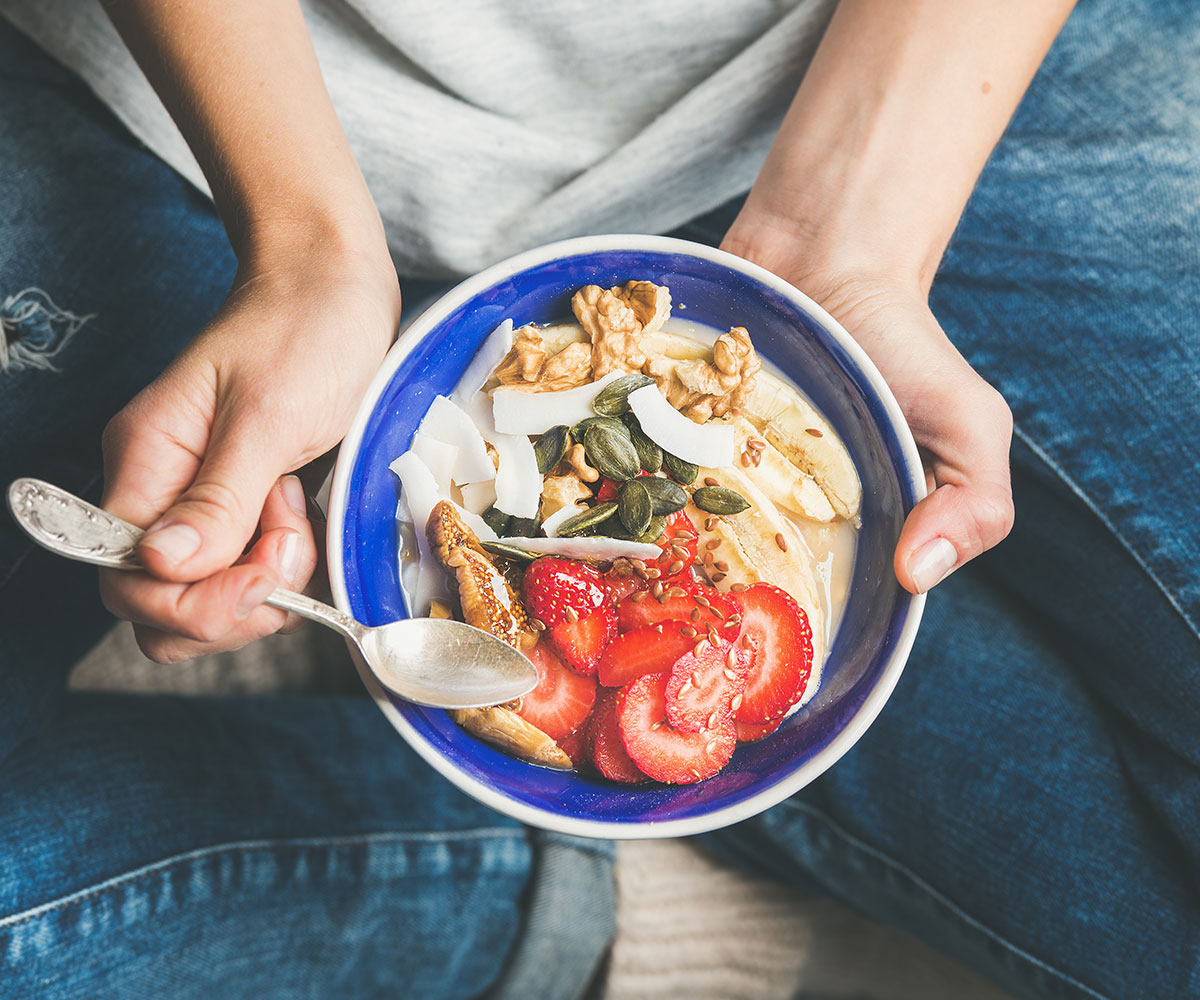
Eat the right foods in the right amounts at the right times. You don’t have to eat every two to three hours, but don’t allow yourself to get to the point where you’re starving and you end up overeating or making poor nutritional choices. If you focus on eating whole foods your appetite will regulate naturally.
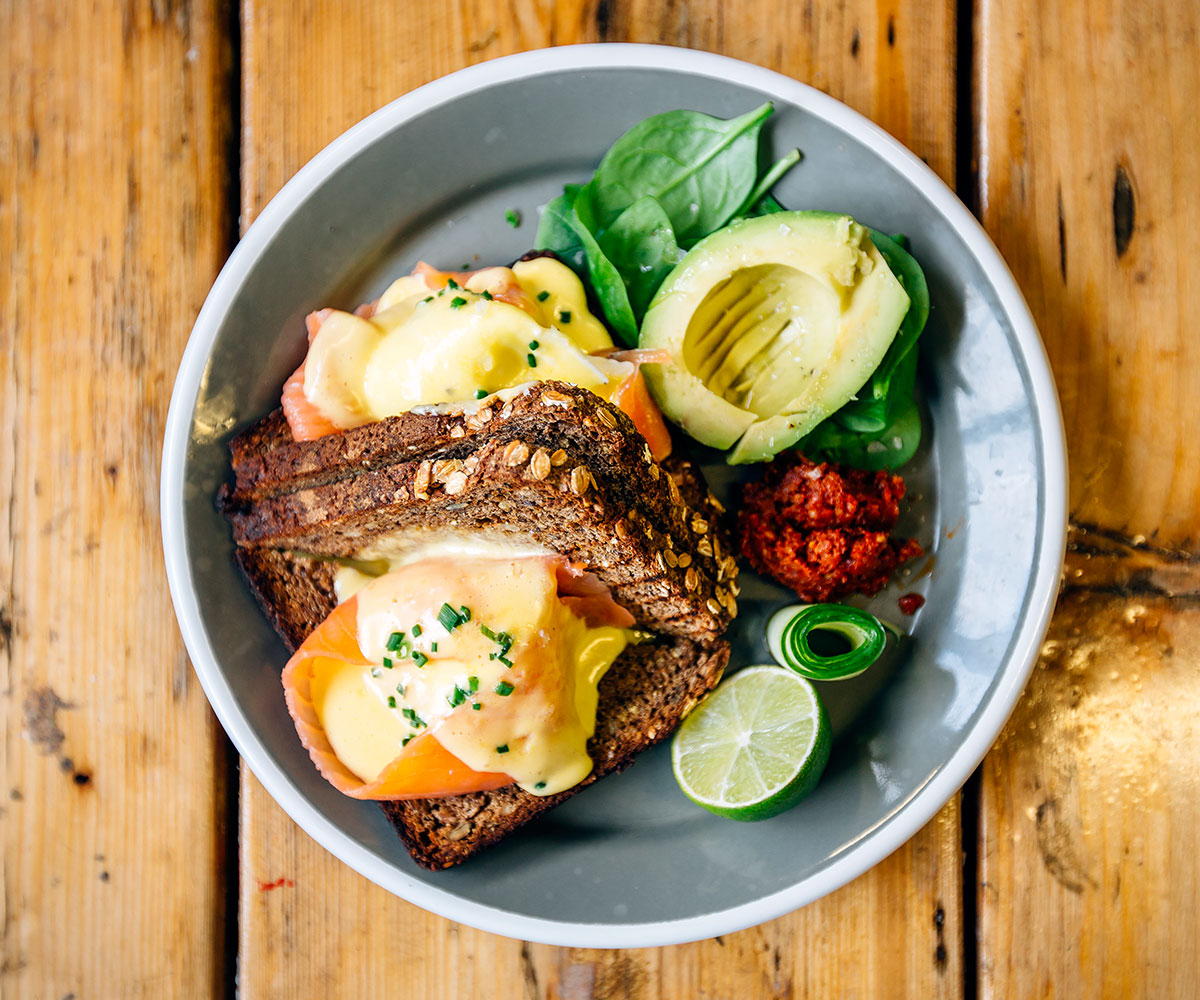
Breakfast sets you up for the day. Go for something high in protein that will fill you up, combined with a ‘smart’ fat that will help stabilise your blood sugar for longer.

Step away from the skinny lattes. Dairy products are notorious for causing a rapid spike in blood sugar. Typically, low fat means high sugar, so if you can’t avoid dairy, go for the full fat varieties. Ice cream trumps fat-free frozen yoghurt!
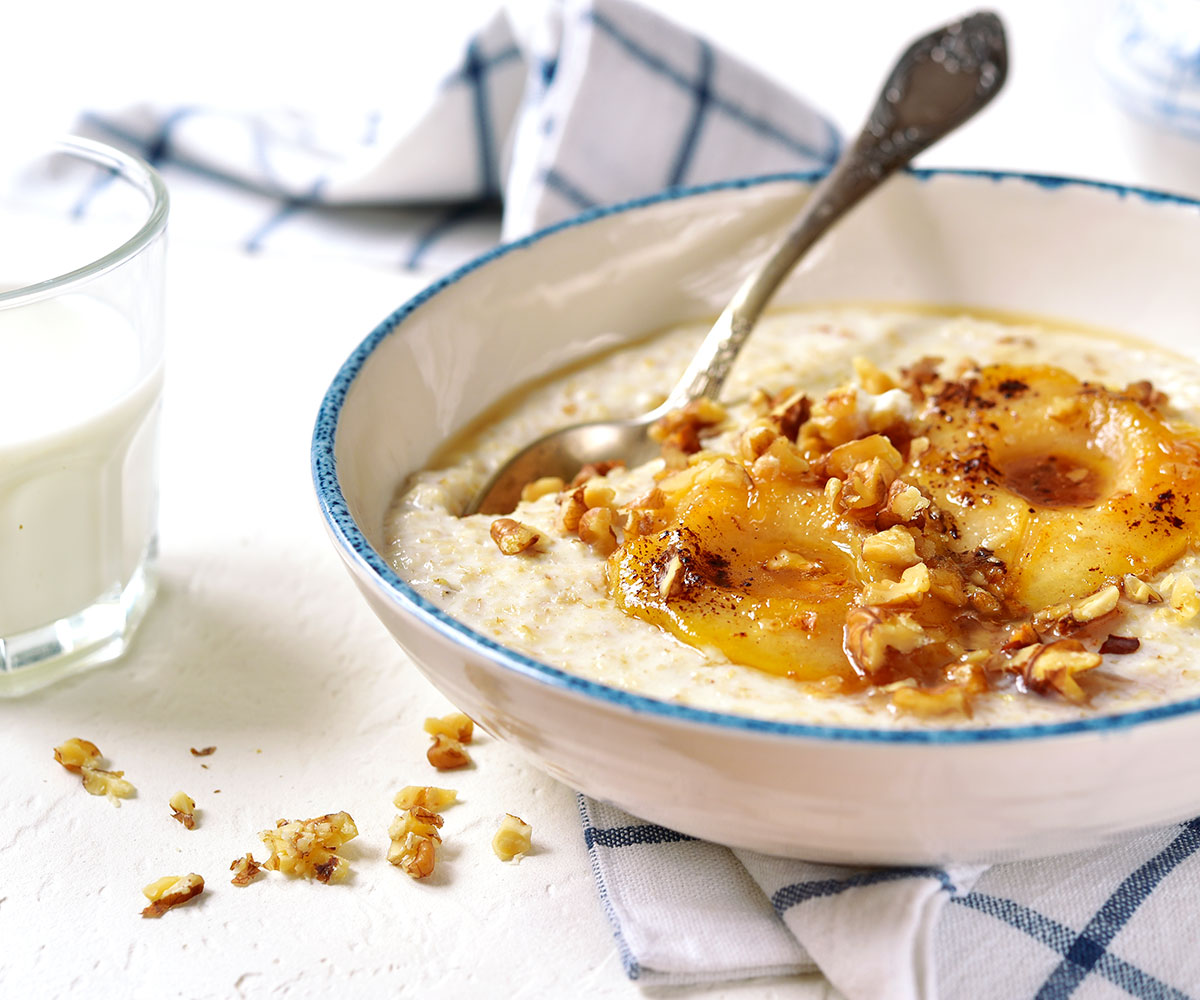
Swap out starchy, sugary white carbohydrates for healthier alternatives such as sweet potato, brown/red/wild rice, gluten-free organic oats and quinoa. Adding lemon juice to your food lowers the glycemic index instantly. Cinnamon increases your ability to metabolise sugar so it becomes the perfect addition to your morning coffee or porridge.

Above all, listen to your gut. If a food doesn’t make you feel good, then don’t eat it, even if it is a ‘superfood’.
